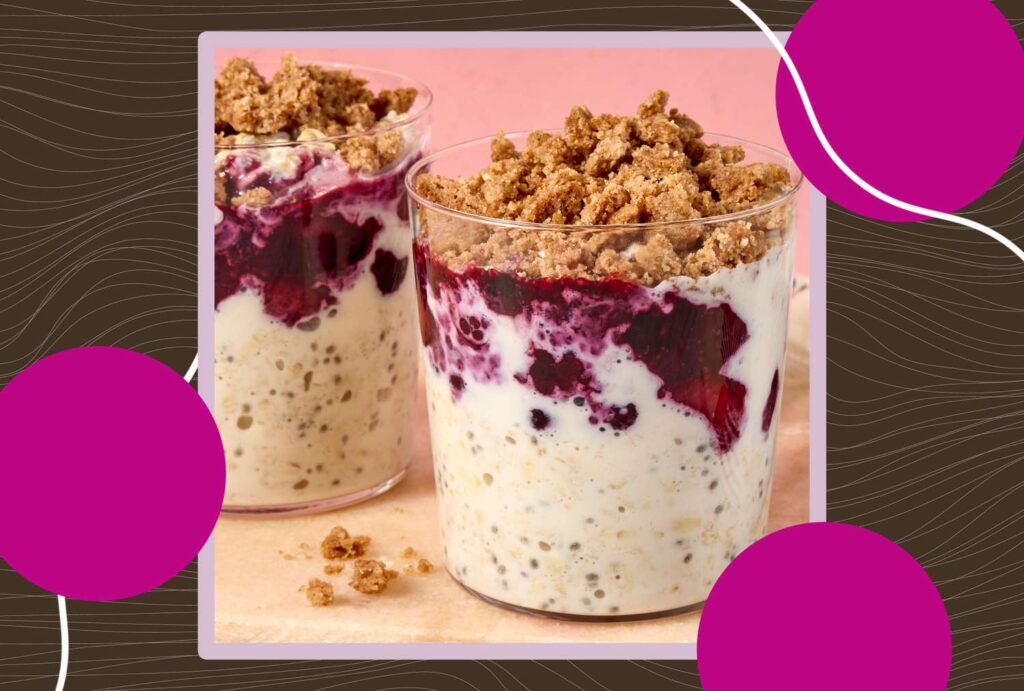
A groundbreaking study has revealed that consuming more antioxidant-rich foods could significantly reduce the risk of cognitive decline by up to 80%. Conducted with participants who included a variety of vitamins, magnesium, zinc, and selenium in their diets, the research underscores the potential brain-protective benefits of foods like nuts, leafy greens, berries, and whole grains.
This study, published in the journal Nutrients, involved 1,084 adults aged 55 and older from Zhejiang Province, China. Participants provided detailed information on their diet, lifestyle, alcohol consumption, and health history, and underwent cognitive screening using the Montreal Cognitive Assessment (MoCA), a tool for detecting mild cognitive impairment (MCI).
The Growing Concern of Cognitive Decline
As people age, concerns about memory and cognitive function naturally increase. Mild cognitive impairment is a condition characterized by subtle but noticeable changes in memory and thinking, affecting nearly one-third of individuals over the age of 65. For many, it serves as an early indicator of dementia, including Alzheimer’s disease.
Unlike typical age-related forgetfulness, MCI can complicate daily tasks and may progress to more severe cognitive decline. While a cure for Alzheimer’s or other dementias remains elusive, researchers are focusing on strategies to delay or prevent cognitive deterioration, with diet emerging as a promising and manageable factor.
Understanding the Study’s Approach
This cross-sectional study assessed data at a single point in time rather than over several years. Researchers calculated a Composite Dietary Antioxidant Index (CDAI) for each participant, based on six key antioxidants: vitamins A, C, and E, along with magnesium, zinc, and selenium. Participants were then categorized into four groups according to their CDAI scores.
Key Findings
The study uncovered a significant pattern: individuals with higher antioxidant index scores had markedly lower odds of experiencing mild cognitive impairment, with risk reduction reaching up to 80%. However, these benefits were not universal. The protective effects of antioxidants were statistically significant only among those who abstained from alcohol.
Drinking any alcohol appeared to negate some of the brain benefits of a high-antioxidant diet, with individuals consuming alcohol one to two times a week facing more than double the odds of MCI compared to non-drinkers.
It is important to note that, as a cross-sectional study, these findings demonstrate associations rather than causation. The dietary data was self-reported, which can be subject to inaccuracies, and the study did not account for the quantity or type of alcohol consumed.
Implications for Everyday Life
The findings reinforce longstanding advice from nutrition experts: antioxidants are beneficial for brain health, while alcohol may pose risks. To enhance antioxidant intake, individuals are encouraged to incorporate a variety of colorful, whole foods into their diets. Recommended options include:
- Leafy greens like spinach and kale for magnesium and vitamin E
- Berries and citrus fruits for vitamin C
- Carrots, sweet potatoes, and winter squash for vitamin A
- Nuts and seeds, particularly sunflower seeds and almonds, for vitamin E and selenium
- Whole grains and legumes for magnesium and zinc
Instead of reaching for a glass of wine for antioxidants, consider a fruit salad or a handful of nuts, which offer a broader spectrum of beneficial nutrients without the downsides of alcohol. Even small dietary adjustments can make a difference, such as adding sunflower seeds to salads, snacking on oranges, or blending spinach into smoothies.
Expert Perspectives and Future Directions
The study contributes to a growing body of evidence supporting the role of antioxidant-rich diets in protecting cognitive health. Experts suggest that a brain-healthy lifestyle should emphasize increased consumption of antioxidant-packed foods while minimizing alcohol intake. Such dietary choices may offer long-term benefits for cognitive function and overall well-being.
Looking ahead, further research is needed to explore the causal relationships between diet, alcohol consumption, and cognitive health. Future studies could provide more comprehensive insights into how specific dietary patterns and lifestyle choices impact brain aging.
For now, individuals seeking to preserve cognitive function as they age might consider prioritizing antioxidant-rich foods and reducing alcohol intake. These proactive measures could play a crucial role in maintaining mental acuity and quality of life in the years to come.






